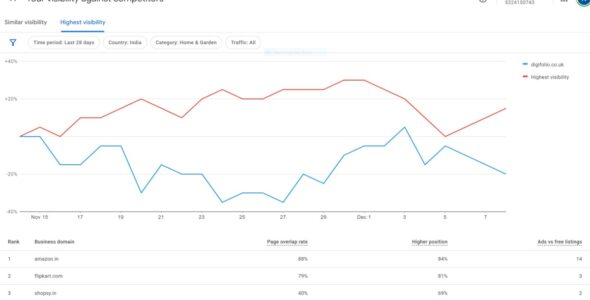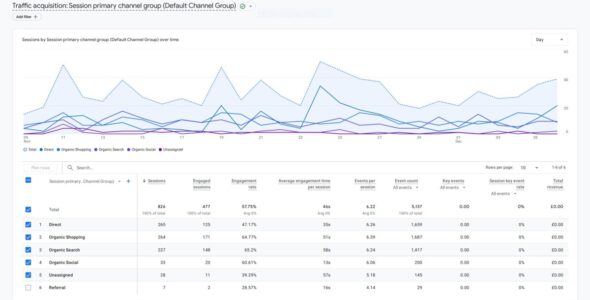How Real Estate Data Analytics Can Give You a Competitive Edge
In today’s competitive real estate market, businesses need to find ways to differentiate themselves from the competition. One way to do this is by leveraging real estate data analytics.
Real estate data analytics is the process of collecting, analyzing, and interpreting data about the real estate market. This data can be used to gain insights into market trends, identify potential investment opportunities, and make better decisions about pricing, marketing, and operations.
There are a number of ways that real estate data analytics can be used to give businesses a competitive advantage. Here are a few examples:
- Identifying market trends: Real estate data analytics can be used to identify emerging trends in the market, such as changes in demand, supply, and prices. This information can be used to make better investment decisions and to target marketing campaigns more effectively.
- Finding undervalued properties: Real estate data analytics can be used to identify properties that are undervalued by the market. This information can be used to negotiate better prices or to identify opportunities for flipping properties.
- Predicting future demand: Real estate data analytics can be used to predict future demand for different types of properties. This information can be used to make better investment decisions and to plan for future growth.
- Personalizing marketing campaigns: Real estate data analytics can be used to personalize marketing campaigns to different target audiences. This can help to improve the effectiveness of marketing campaigns and to generate more leads.
- Optimizing pricing strategies: Real estate data analytics can be used to optimize pricing strategies for different types of properties. This can help to maximize profits and to attract more buyers.
By leveraging real estate data analytics, businesses can gain a competitive edge in the market. They can make better decisions about pricing, marketing, and operations, and they can identify opportunities that would otherwise be missed.
Here are some of the challenges of using real estate data analytics:
- Data availability: Not all real estate data is readily available. This can make it difficult to collect the data that you need to make informed decisions.
- Data quality: The quality of real estate data can vary. This can lead to inaccurate conclusions and decisions.
- Data interpretation: It can be difficult to interpret real estate data and to make accurate predictions.
- Cost: Real estate data analytics can be expensive. This can make it out of reach for some businesses.
Despite these challenges, the potential benefits of using real estate data analytics are significant. By overcoming these challenges, businesses can use real estate data analytics to gain a competitive edge and to make better decisions.





